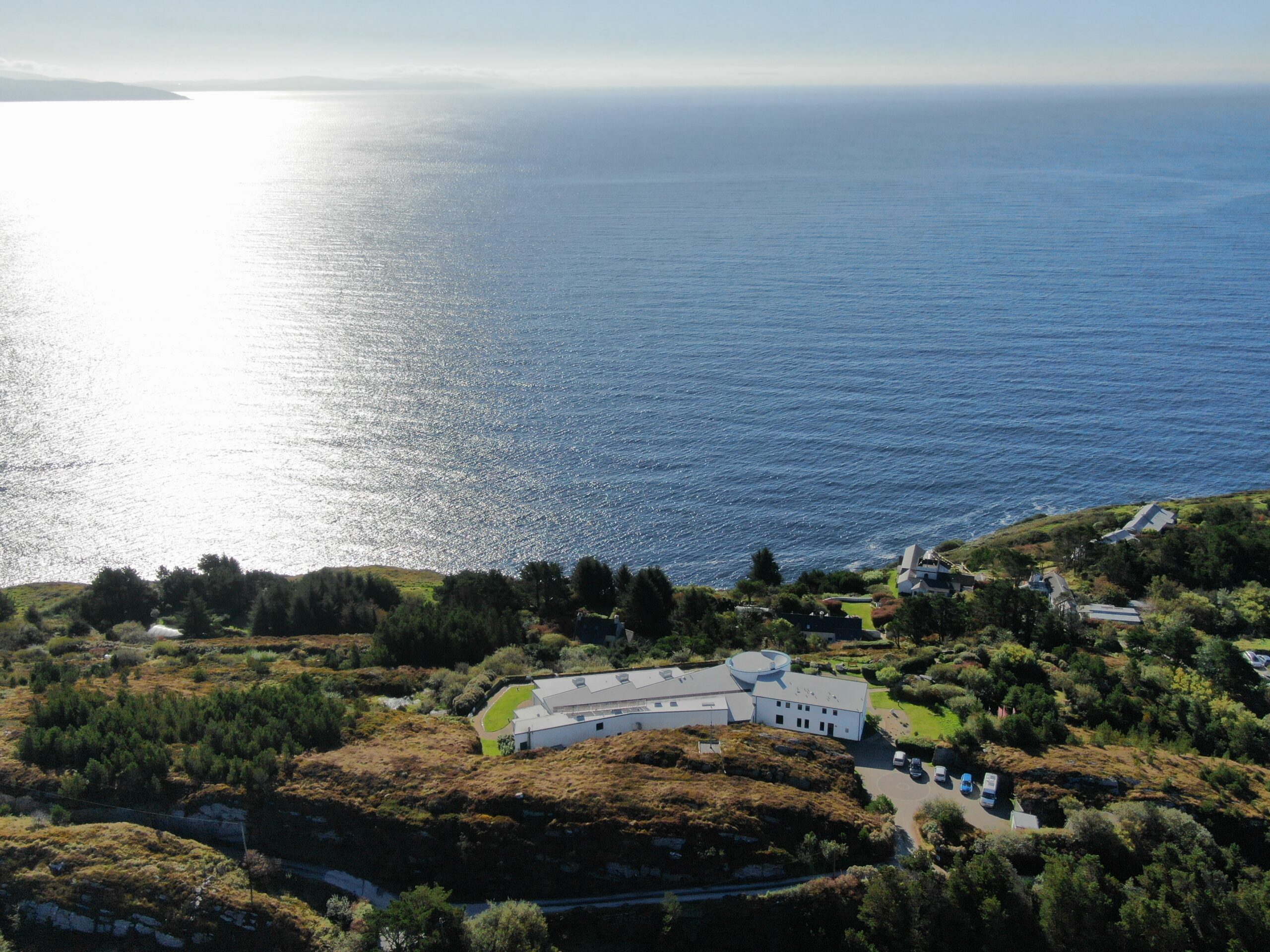Meditation and Compassion through to traditional Buddhist studies
Rigpa centres offer a range of courses and programmes for everyone – whether you want to learn how to meditate and develop compassion to overcome the mental and emotional challenges of daily life, or engage with a complete path of study and practice that follows every stage of the Buddha’s teachings and can lead to enlightenment.
Sign up to Rigpa Ireland newsletter to stay informed about our latest courses and events, guided meditations and inspiring resources (one email per month)
Meditation and compassion have been shown to be beneficial in many different ways, including bringing peace of mind, tackling stress, depression and other mental health problems. They can also help us to develop more kindness and warm-heartedness for ourselves, our families and those around us.
For those who wish to go deeper into studying and practising Buddhism, Rigpa offers an in-depth curriculum of study, reflection, practice and retreat based on the graduated stages of the Buddhist path of awakening.
Rigpa also offers a traditional study college (shedra) and short and long practice retreats (drupdra).
A Complete Path of Buddhist Study and Practice
The essence of all Buddhist teachings is to arrive at lasting peace and happiness through transforming the mind.
Rigpa offers courses and events that can help us face the challenges and big questions in life, as well as an in-depth curriculum of study, reflection, practice and retreat based on the graduated stages of the Buddhist path of awakening.
Courses and events offered in Rigpa form part of an in-depth curriculum of study, reflection, practice and retreat designed for anyone who wishes to follow the teachings of the Buddha and in particular the Buddhist tradition of Tibet.
The general approach shared in Rigpa is that of Tibetan Buddhism, which brings together the Basic Yana, the Mahayana and the Vajrayana (see glossary of terms). In particular, Rigpa follows the Nyingma lineage and tradition of Dzogchen, or “Great Perfection”—the most ancient and direct stream of wisdom within the Buddhist tradition of Tibet, which reveals the way to realise the innermost nature of mind.
The essence of all Buddhist teachings is to arrive at lasting peace and happiness through transforming the mind. The Buddha taught the importance of recognizing the reality of suffering, abandoning its causes and achieving liberation by following the path. The underlying goal of Rigpa’s path of study and practice is to support individuals of all ages, cultures and backgrounds, to travel this path and gradually embody the wisdom and compassion that are the essence of the Buddha’s teachings.
In general, the Buddhist path is very flexible. Buddha was renowned for teaching a wide variety of ways to practise, each attuned to the needs of different individuals. At all stages of the path, one can study and practise in great depth, or in a more essential way, the key point being the transformation that actually takes place in one’s being.
Stages of the Path
The Rigpa curriculum is broadly divided into five categories:
- Foundations of the path
Meditation, Loving Kindness, Exploring mind and its nature, Vision of Living and dying, Buddha Dharma and Sangha - Mahayana
Bodhichitta, Ground and view of Mahayana, Lojong - Vajrayana preliminaries
Ngöndro, Preparation for Vajrayana - Vajrayana
Empowerments, View Meditation & Action in Vajrayana, Sadhanas - Dzogchen
Trekcho, Togal, Bardo instructions
For more information on the path of study and practice, visit rigpa.org
Glossary:
Basic Yana: the ‘vehicle’ (Skt. yana) of teachings and practices based on the Buddha’s first turning of the wheel of Dharma which develops the four truths of the noble ones and is contained in the corpus of early Buddhist texts. It emphasises the path of individual liberation rather than that of the bodhisattva.
Bodhichitta (Skt.): the compassionate wish to attain enlightenment for the benefit of all beings.
Dzogchen (Tib.): ‘Great Perfection’, or ‘Great Completeness’. The practice of Dzogchen is the most ancient and direct stream of wisdom within the Buddhist tradition of Tibet. It is one of the clearest and most effective ways of realising the innermost nature of mind.
Mahayana (Skt.): the ‘Great’ or ‘Universal Vehicle’. The essence of the Mahayana is the aspiration to attain buddhahood as the only means of helping all beings to find complete liberation from suffering.
Nyingma (Tib.) : The Nyingma, or Ancient school of Tibetan Buddhism is the name given to the followers of the original translations of the teachings of the Buddha into Tibetan, which were carried out up until the late tenth century. Central to the Nyingma tradition is the extraordinary figure of Padmasambhava, Guru Rinpoche, the great guru who introduced Buddhism to Tibet in the eighth century.
Ngöndro (Tib.): the ‘preliminary’ or ‘foundation’ practices of Vajrayana Buddhism.
Sadhana (Skt.): literally ‘means of accomplishment’. A sadhana is a ritual text presenting the means to accomplish one or several deities, who in essence are the ultimate state of a buddha.
Sangha (Skt.): the community of practitioners who follow the Buddha’s teachings.
Trekchö and Tögal (Tib.): the two main practices of Dzogchen.
Vajrayana (Skt.): ‘Vajra Vehicle’. Based on the motivation of bodhichitta, the Vajrayana is a path centred on cultivating pure perception.
Rigpé Shyönnu
Rigpé Shyönnu are an international group of young people (aged between 18 -35) who share an interest in Buddhist thought and practice. We aim to create a sense of community and friendship that supports young people to work with their minds and hearts amidst the challenges of modern life.
Every summer and winter we organise international retreats. Throughout the year, we also hold other local events in Amsterdam, Berlin, Cologne, London and other cities. Currently, we are offering a number of online events.
To find out more about our upcoming events, follow us on Instagram, facebook or sign up to our newsletter
Spiritual Care Programme
The Spiritual Care Programme was established and has been supported by Rigpa since 1993, offering non-denominational, contemplative-based care for health and social care professionals, and trained volunteers as well as for a general public. The programme is run independently in Ireland where a spiritual care centre was founded.

The centre, based at Dzogchen Beara, provides a safe and supportive environment for guests living with life-limiting illness, recovering from treatment or experiencing bereavement, and for those who care for them.













